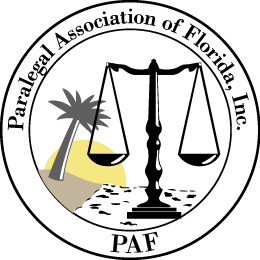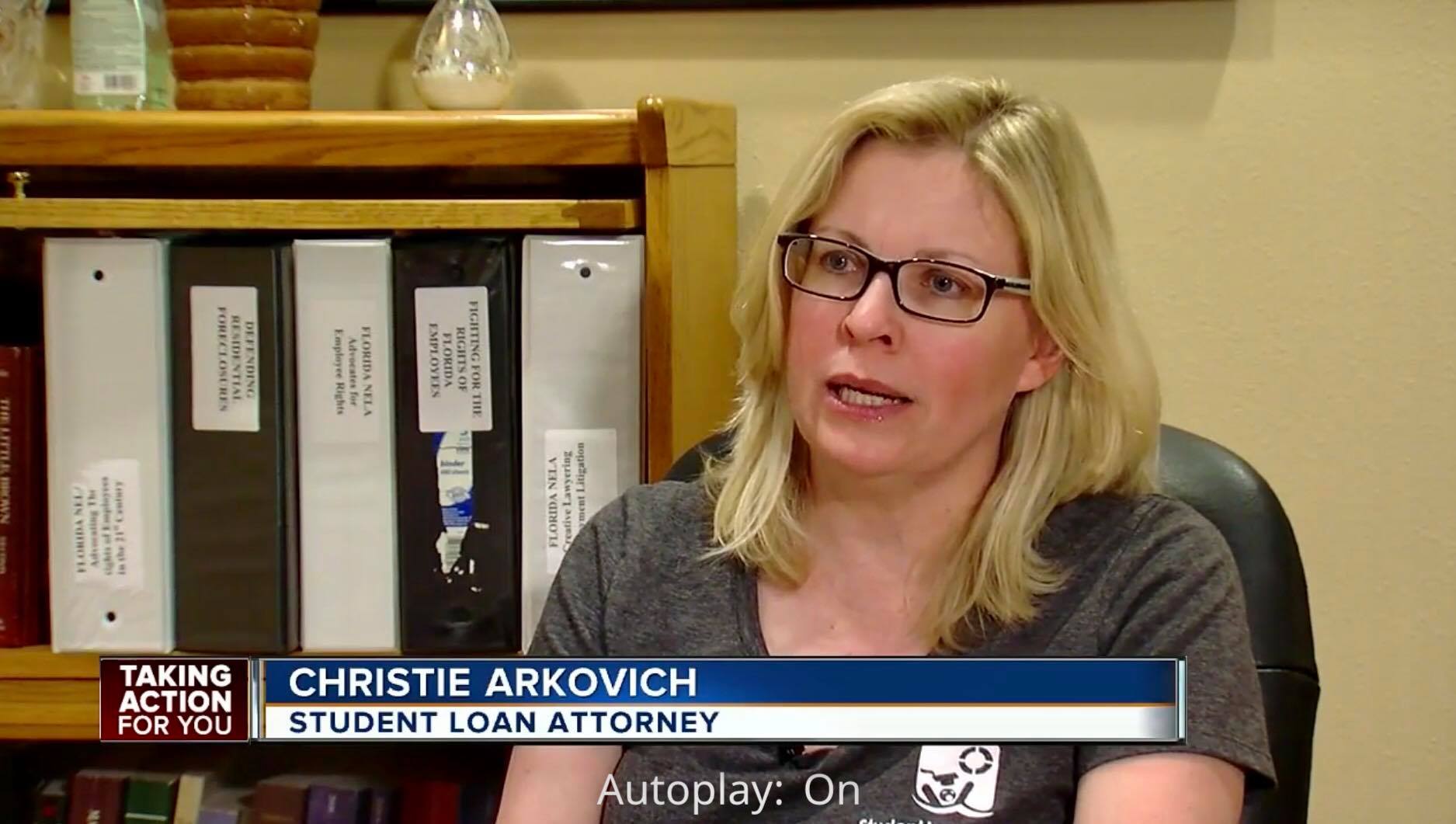
Let’s face it, many people stuck in the middle taking care of both elderly parents and their own children, are overwhelmed when the Long Term Care Insurance company denies coverage for their loved ones. Who has the time to deal with this with our otherwise busy lives? Who has the knowledge to go toe to toe with the insurance company and force them to grant coverage? And does it really make a difference with Medicare picking up the pieces if coverage is denied?
American Society on Aging addresses some common misnomers about what Medicare covers when long term care is needed. The ASA pointed out that contrary to recent surveys which show that the public believes that Medicare pays for long-term care, this is not what happens in reality. Medicare tries to limit its availability for the provision of personal and assistive care services. If skilled nursing or rehabilitative services are needed, that’s where Medicare kicks in.
Medicare.gov defines long-term care as a range of services and support for personal care needs. Most long-term care isn’t medical care, but rather help with basic personal tasks called activities of daily living (bathing, eating, dressing etc.) The site states very clearly: “Medicare doesn’t cover long-term care (also called custodial care), if that’s the only care you need. Most nursing home care is custodial care.”
 Reboot Your Life: Tampa Student Loan and Bankruptcy Attorney Blog
Reboot Your Life: Tampa Student Loan and Bankruptcy Attorney Blog







